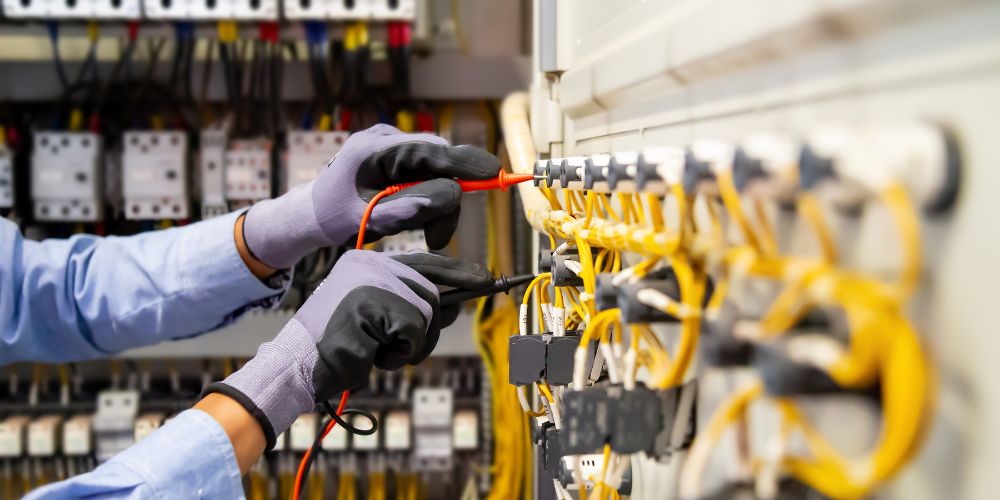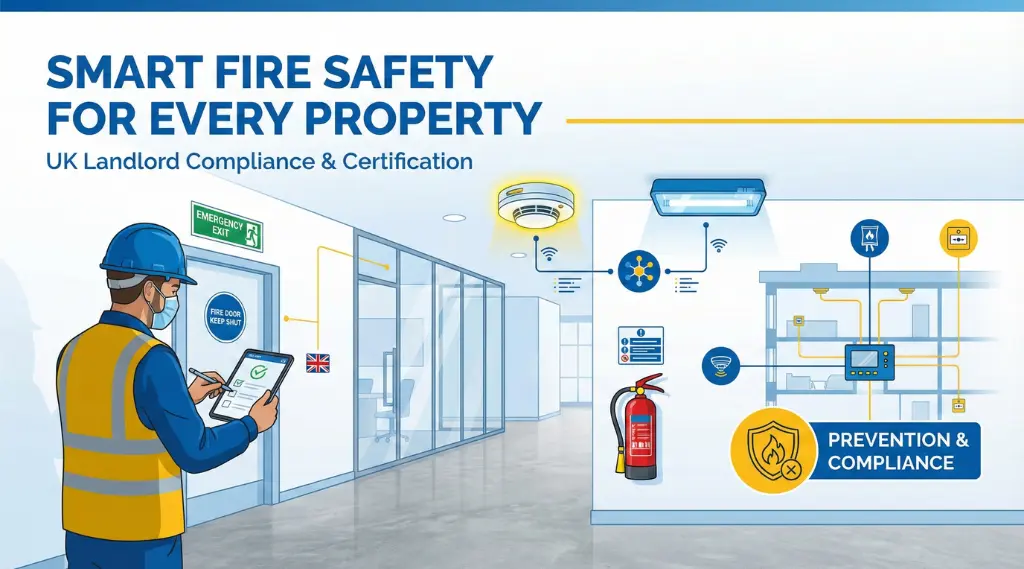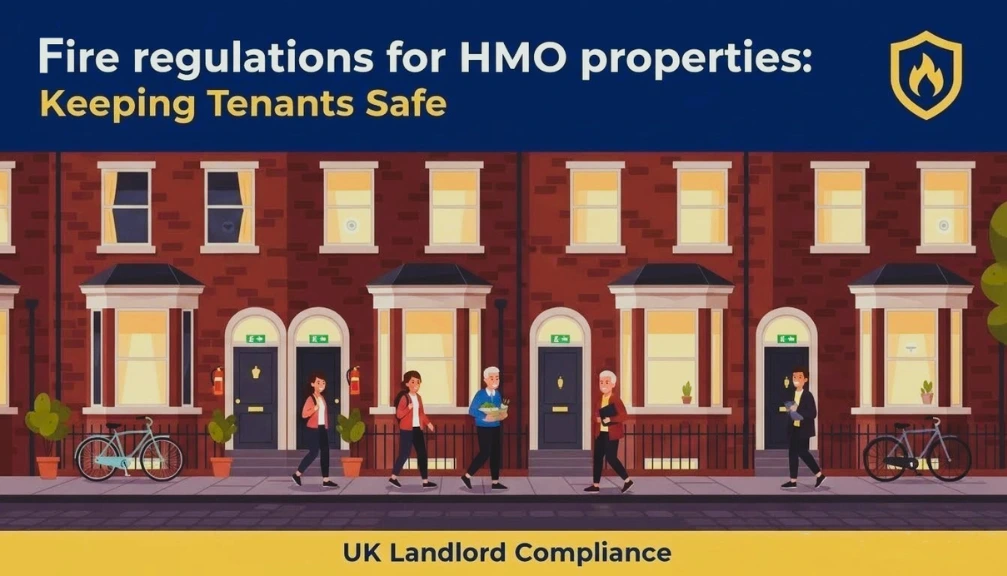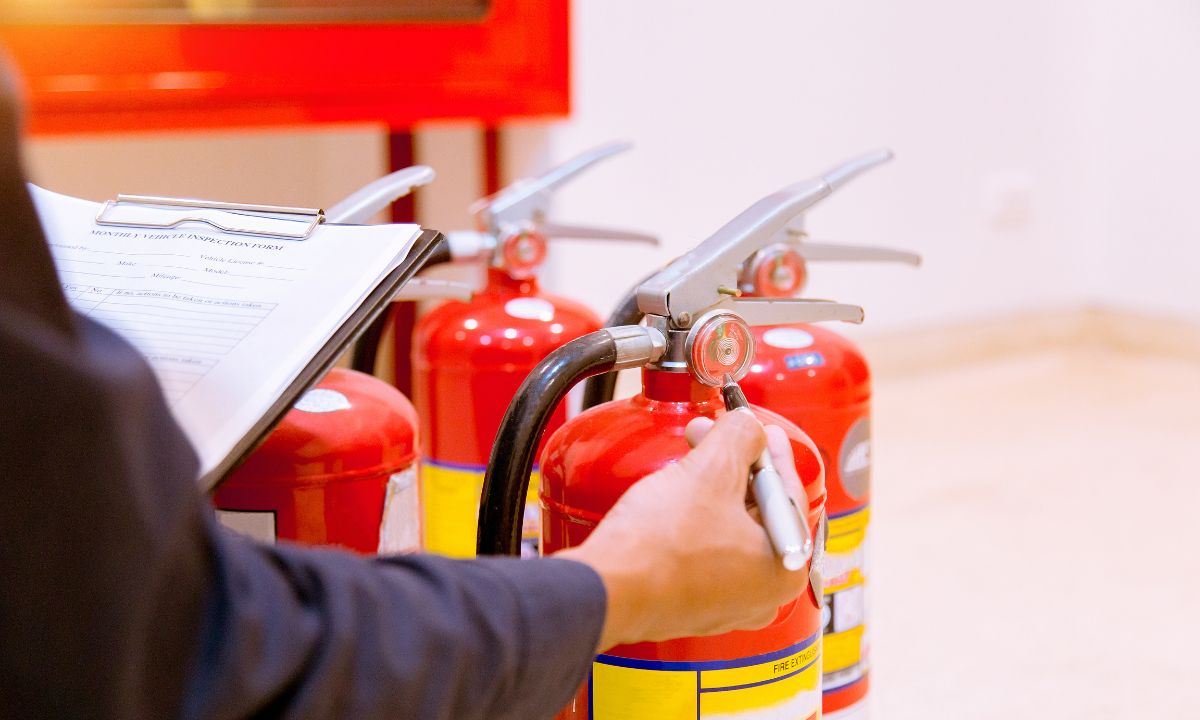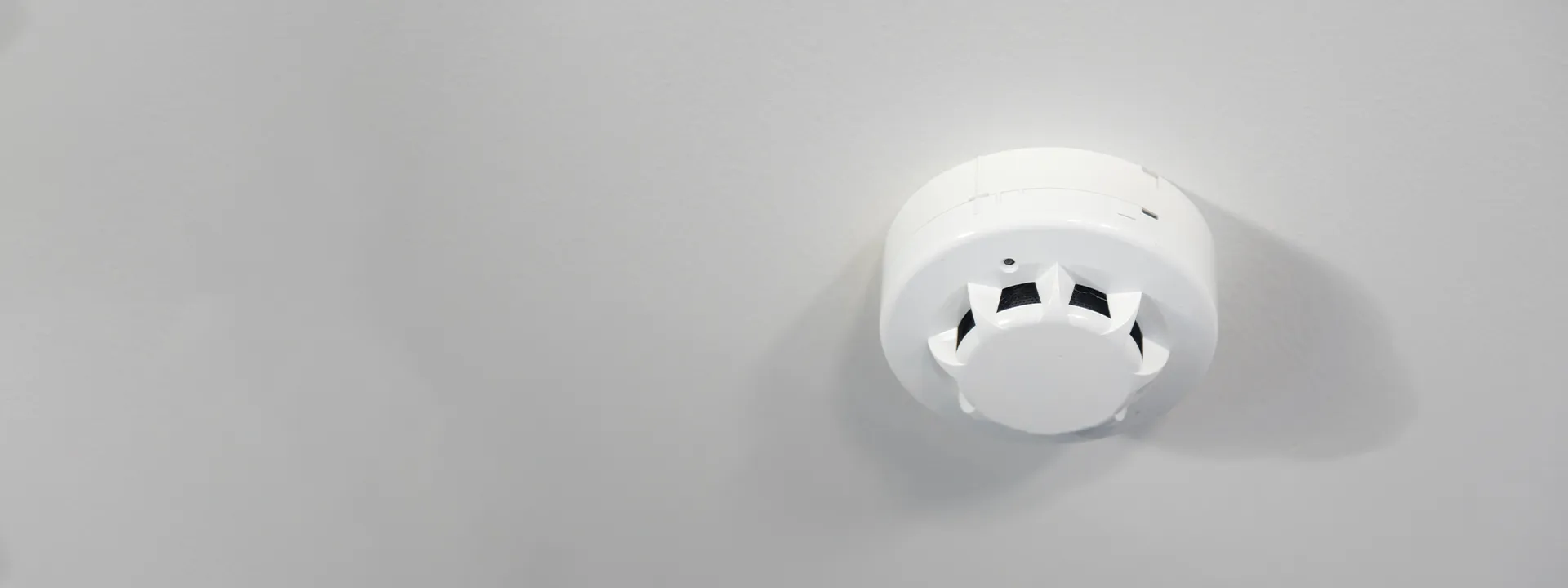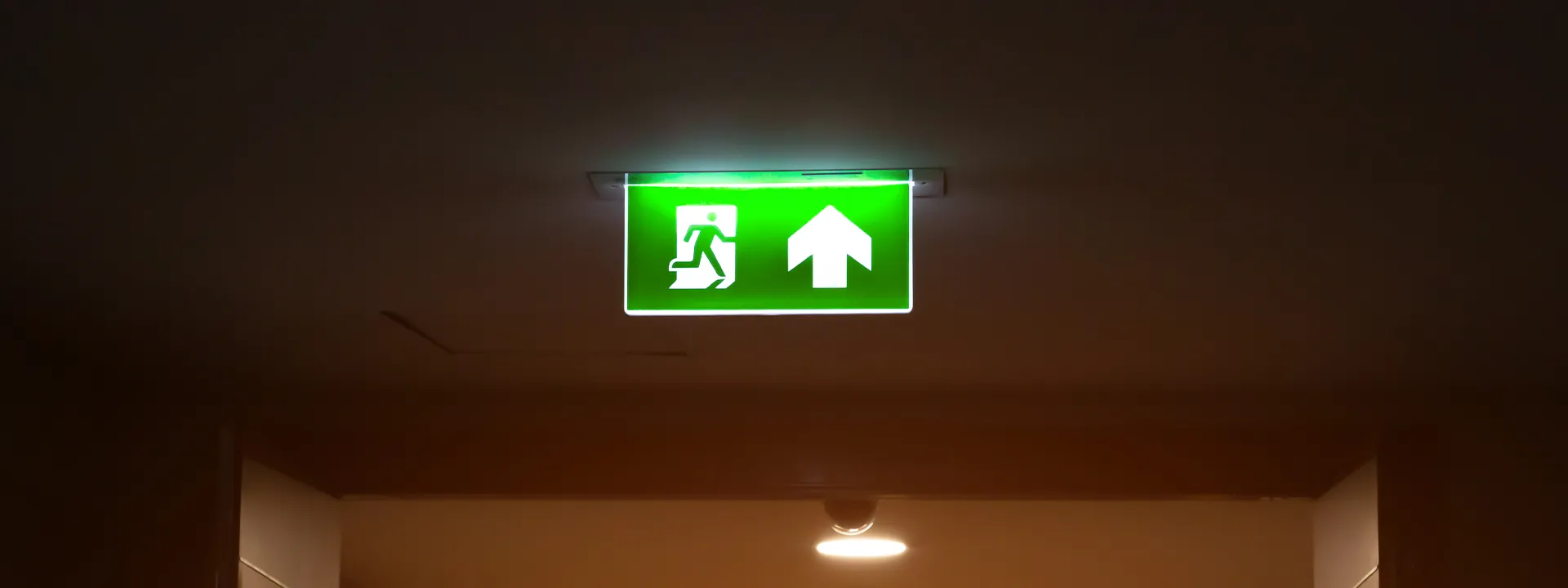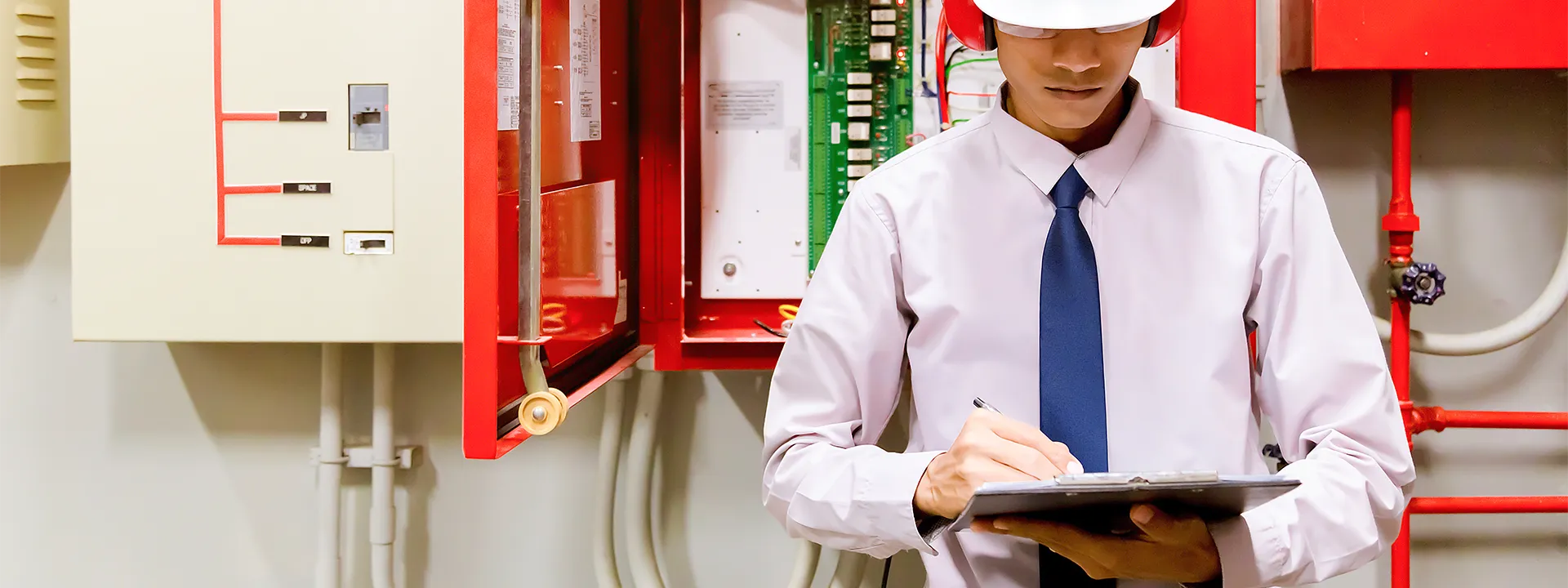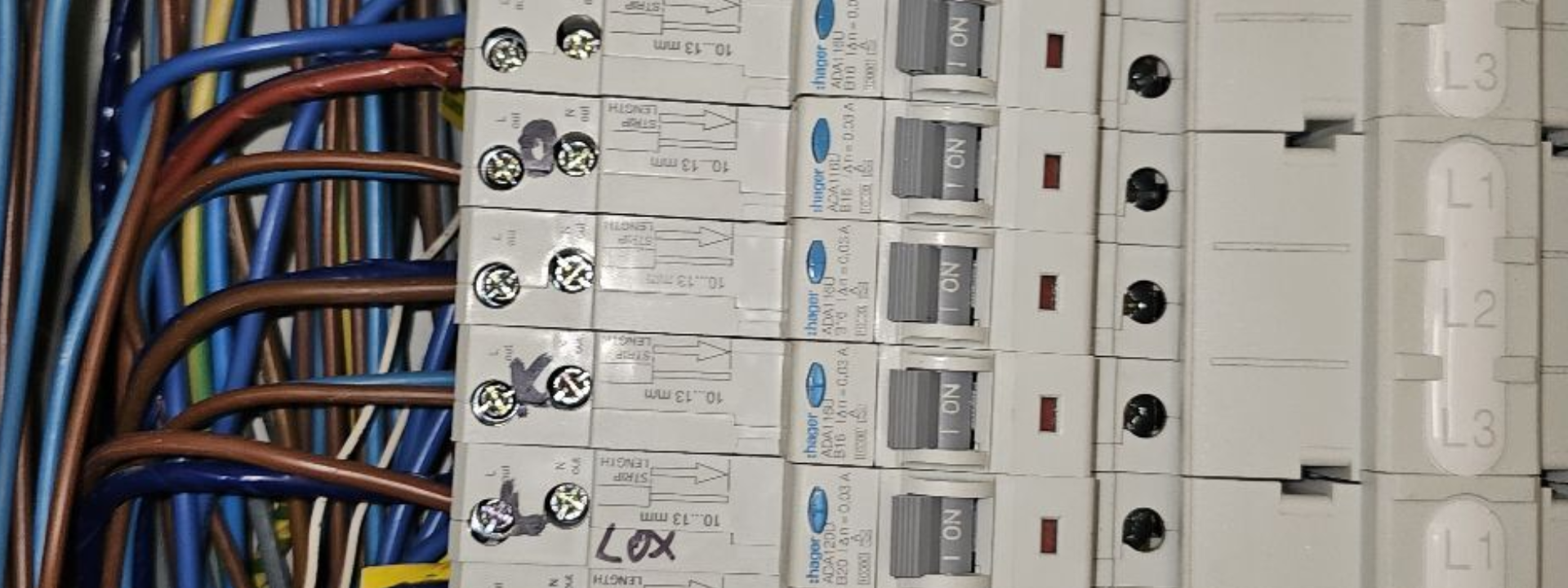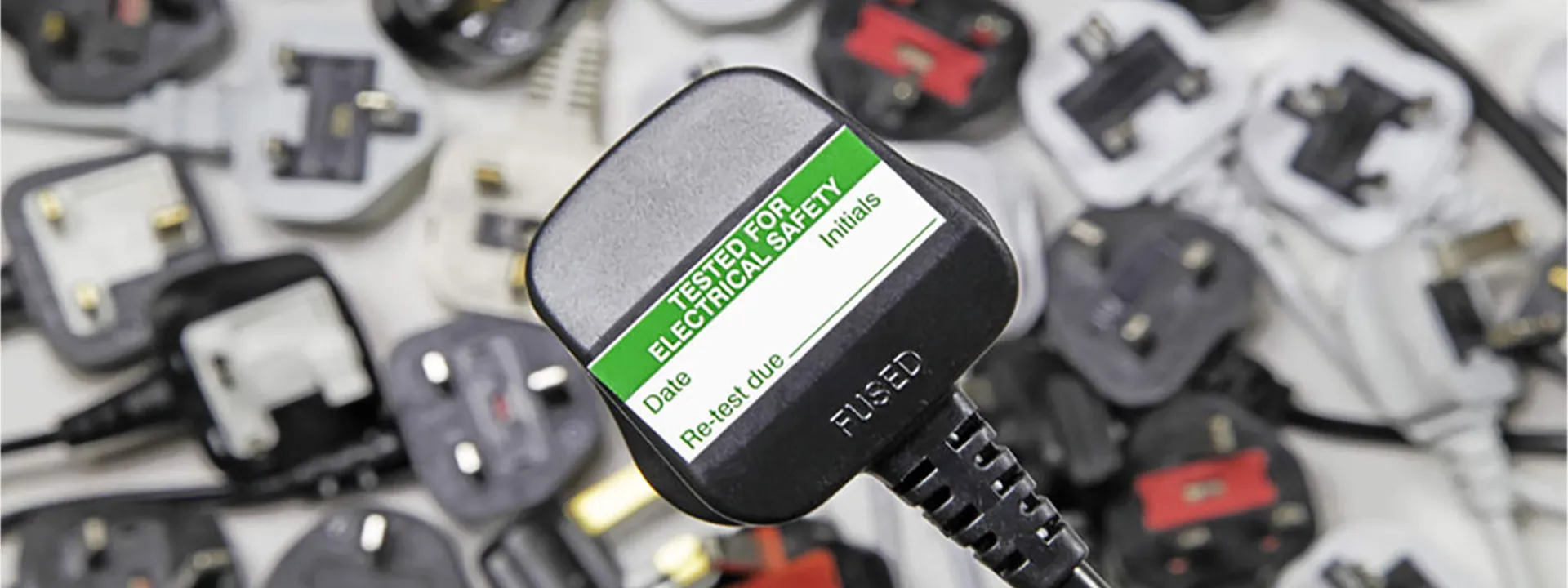Electrical safety is a paramount concern in any living space, and it’s particularly critical in the rental sector. Landlords in London have specific responsibilities when it comes to ensuring the safety of the electrical systems in their rental properties. This article delves into the topic of “Landlord Responsibilities: Electrical Safety Certificates in London” shedding light on the legal framework, the role of electrical safety certificates, and the obligations of landlords in the capital city.
Legal Framework for Electrical Safety in London
In recent years, there has been a significant focus on electrical safety in rented properties in England, including London. The primary piece of legislation addressing this issue is the Electrical Safety Standards in the Private Rented Sector (England) Regulations 2020, which came into force on June 1, 2020. These regulations are applicable to all rental properties in England, including those in London.
Under these regulations, landlords in London are obligated to ensure that the electrical installations in their properties are safe and that electrical safety standards are met throughout the tenancy. The regulations also specify that electrical safety certificates, or Electrical Installation Condition Reports (EICRs), must be obtained for each rental property.
Understanding Electrical Safety Certificates
What is an Electrical Installation Condition Report (EICR)?
An Electrical Installation Condition Report (EICR) is a detailed inspection and testing process performed by a qualified electrician. The purpose of the EICR is to assess the safety of the electrical installations within a property. This report identifies any electrical issues, potential hazards, or non-compliance with safety standards. It is a critical tool for ensuring the electrical safety of a rental property.
Role of a Qualified Electrician
EICRs can only be carried out by qualified electricians who are registered with competent person schemes or other relevant industry bodies. The electrician assesses the electrical installations, looking for issues such as faulty wiring, damaged sockets, and overloaded circuits. They also check the consumer unit (commonly known as the fuse box), ensuring it is in proper working condition and adequately protects against electrical faults.
Frequency of EICR Inspections
The regulations stipulate that EICRs must be conducted at regular intervals or when there is a change in tenancy. In most cases, an EICR should be carried out every five years or more frequently if specified in the previous report. For landlords in London, this means a commitment to regular electrical safety checks to ensure their properties remain compliant with the law.
Common Electrical Safety Issues
EICRs often uncover common electrical safety issues, such as exposed wiring, outdated or damaged electrical outlets, faulty switches, and a lack of proper earthing. These issues can pose serious risks to tenants and must be addressed promptly to maintain a safe living environment.
Landlord Responsibilities for Electrical Safety
Who Needs an EICR?
All landlords in London must obtain an EICR for their rental properties, whether it’s a single room, an entire house, or an apartment. This requirement is not limited to specific types of properties, and it applies to both long-term and short-term rentals. Landlords must prioritize the safety of all their tenants.
Timelines for Compliance
Landlords need to ensure that an EICR is conducted before the start of each new tenancy. If an EICR is already in place, it must be renewed within five years, as specified in the regulations. The first EICR following the introduction of the 2020 regulations should have been completed by April 1, 2021.
Providing Copies to Tenants
Once an EICR is conducted, landlords are obligated to provide a copy of the report to their tenants within 28 days. This transparency allows tenants to be aware of the condition of the electrical installations and any potential hazards identified in the report. It also builds trust and ensures tenants are informed about the safety of their homes.
Records and Documentation
Landlords in London are required to keep a copy of the EICR report for their rental property for two years from the date it was issued. This record-keeping obligation ensures that landlords can demonstrate compliance if needed and helps in tracking the maintenance and improvements of electrical installations over time.
Remedial Works and Follow-up Inspections
If the EICR report identifies any issues or areas of non-compliance, landlords are responsible for addressing these problems promptly. This could involve performing necessary repairs or improvements to bring the electrical installations up to standard. A follow-up inspection should be conducted to confirm that the issues have been rectified.
Choosing a Qualified Electrician
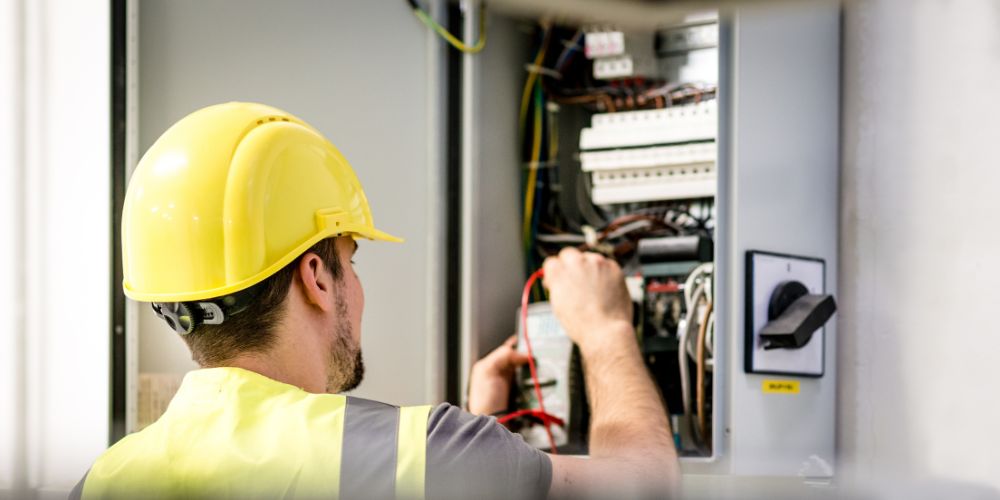
Certification and Licensing
When selecting an electrician to conduct an EICR, it’s essential to ensure they are qualified and registered with a competent person scheme or an industry body. Checking their certifications and licenses is the first step in making an informed choice.
Cost Considerations
The cost of obtaining an EICR can vary based on the size and complexity of the property’s electrical system. Landlords in London should obtain quotes from multiple qualified electricians to ensure they receive a fair price. However, it’s crucial not to compromise safety for cost savings.
Communication and Scheduling
Effective communication with the chosen electrician is key to a smooth EICR process. Landlords should discuss scheduling, access to the property, and any specific concerns or requirements. A professional electrician will work collaboratively to ensure minimal disruption to the tenants.
Checking Qualifications and Credentials
Before engaging an electrician, landlords should ask for references and check online reviews or testimonials from previous clients. A reliable electrician should be able to provide evidence of their qualifications and credentials, giving landlords confidence in their ability to conduct a thorough inspection.
Tenant Awareness and Communication
Informing Tenants About Electrical Safety Checks
It is essential for landlords to communicate with their tenants about upcoming EICR inspections. Providing advance notice and explaining the purpose of the inspection can alleviate concerns and promote cooperation.
Cooperating with Access for Inspections
Tenants should allow electricians access to their rental property to conduct the EICR. Cooperation in this regard is not only a legal requirement but also in the best interest of the tenant’s safety.
Reporting Electrical Issues
Tenants should be encouraged to report any electrical issues they encounter during their tenancy promptly. Landlords are responsible for addressing these problems to maintain a safe living environment.
Case Studies and Real-Life Examples
Success Stories of Landlords Complying with Electrical Safety Regulations
Sharing success stories of landlords who have successfully complied with electrical safety regulations in London can serve as an inspiration for others. It highlights the benefits of compliance and demonstrates that it’s a manageable process with the right approach.
Consequences of Non-Compliance
Discussing the potential consequences of non-compliance is crucial. Landlords in London who fail to meet their responsibilities may face financial penalties or legal action. Tenants’ safety is at stake, and non-compliance can lead to serious consequences for landlords.
Tips for Landlords
Planning and Budgeting for Electrical Safety Inspections
Landlords should plan for the cost of EICRs in their annual budgets. By considering these expenses in advance, they can ensure they meet their legal obligations without financial strain.
Building a Checklist for Compliance
Creating a checklist that outlines all the steps required for electrical safety compliance can help landlords stay organized and ensure they don’t overlook any important details.
Staying Informed About Regulatory Changes
Electrical safety regulations can change, so it’s essential for landlords to stay informed about any updates or revisions to the law. Staying in the know is crucial for maintaining compliance.
Further Reading: How to Obtain a Gas Safety Certificate in London
Conclusion
In London, ensuring electrical safety in rental properties is not just a legal obligation but also a moral responsibility for landlords. The regulations introduced in 2020 provide a framework to guarantee that tenants are living in safe and secure environments. By obtaining Electrical Installation Condition Reports (EICRs), addressing any issues promptly, and maintaining open communication with tenants, landlords can fulfill their responsibilities while promoting the well-being of those they provide housing. Ultimately, compliance with electrical safety regulations is a win-win situation, ensuring safety and peace of mind for both landlords and tenants.
